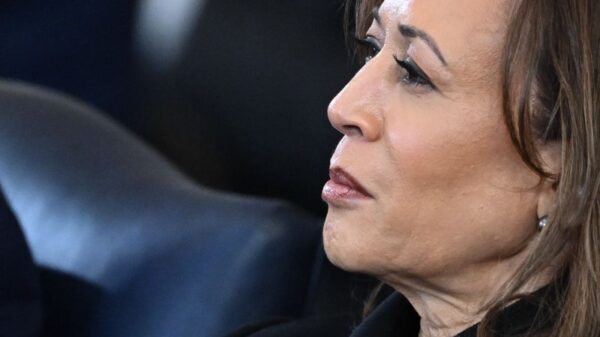UPDATE: A new dilemma is shaking up couple dynamics as a reader from Business Insider’s “For Love & Money” column reveals her frustration over conflicting savings strategies with her husband. The emotional tension raises urgent questions about financial control in relationships.
The reader expresses dissatisfaction over her husband’s insistence on maintaining six months of living expenses in savings, a plan she feels is excessive. Despite her reluctance, she goes along with it, contributing to a high-yield savings account where her money can grow, while her husband seemingly overlooks regular contributions.
This issue is not just about differing financial philosophies; it highlights a significant power imbalance in their relationship. The husband views savings as a security measure and feels their financial strategy is complete with his six-month cushion. However, the wife believes in proactive wealth-building through consistent savings.
The columnist emphasizes that this disagreement is rooted in deeper issues of financial autonomy. The wife’s concerns reflect a broader struggle for recognition in shared financial decisions. She feels sidelined as her husband makes unilateral decisions about their finances, leading to feelings of frustration and inequality.
“Intentional and equitable collaboration is crucial to working as a team,” the columnist states, urging the couple to communicate openly and respect each other’s financial strategies.
Experts recommend that individuals should ideally have three to six months of living expenses saved in an emergency fund. However, personal financial strategies may vary. While the husband prioritizes security, the wife seeks growth, illustrating the need for compromise.
The columnist advises the reader to express the importance of her savings strategy, framing it as a joint effort that benefits both partners. She should remind her husband that their financial health is a shared responsibility and that his perspective should not overshadow her goals.
In cases where communication fails, the columnist suggests considering separate finances for certain expenses. This could allow both partners to pursue their individual financial goals without conflict, creating a more balanced approach.
As couples across the globe face similar challenges, this situation serves as a reminder that financial discussions can uncover deeper relationship dynamics. The urgency of resolving these conflicts is paramount, as financial stress can heavily impact emotional well-being.
This ongoing debate over savings strategies is not just a personal issue but a reflection of broader societal norms about financial roles in relationships. As the conversation develops, couples are encouraged to engage in open dialogues that respect all perspectives.
For anyone facing similar challenges, seeking advice from financial experts or relationship counselors can provide valuable insights and solutions. The importance of mutual respect and collaboration in financial matters cannot be overstated.
Stay tuned for more updates as this story unfolds, and consider how you and your partner manage savings in your own relationship. Your financial partnership deserves attention and care!






































































